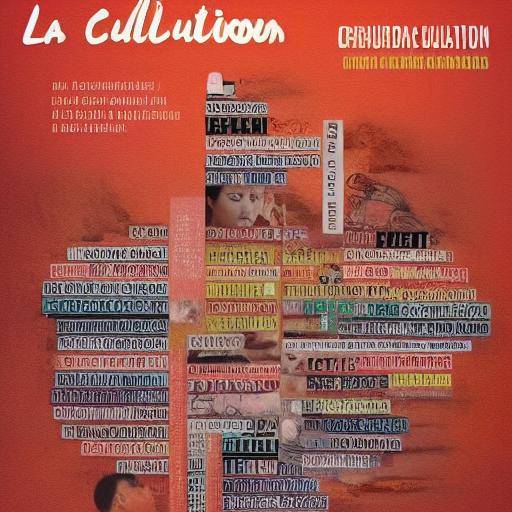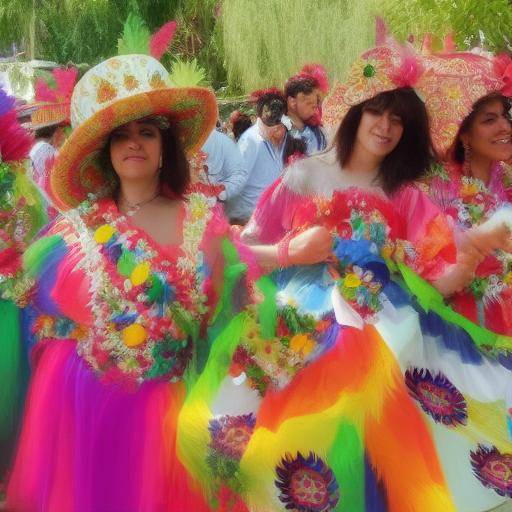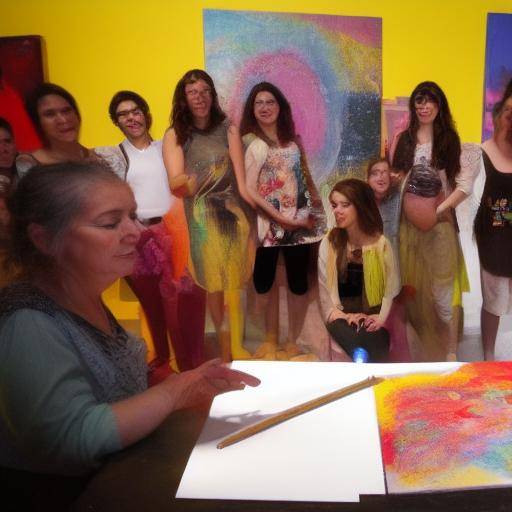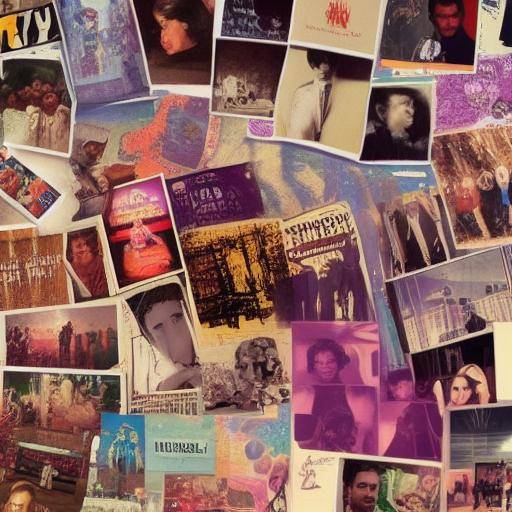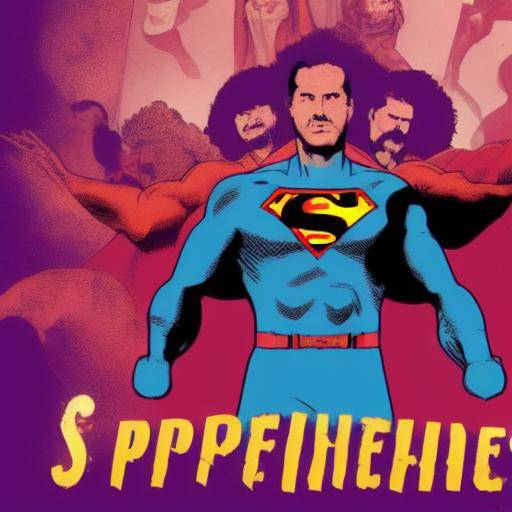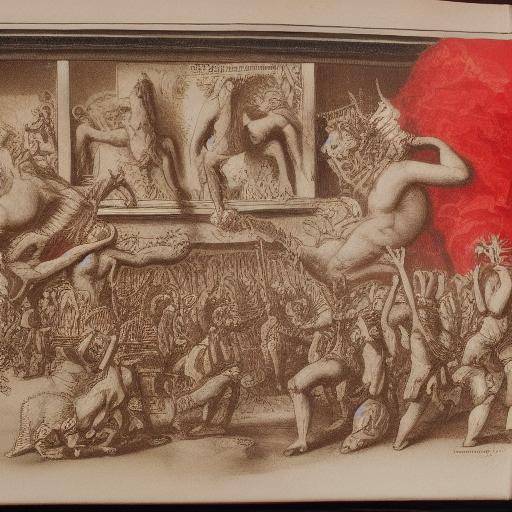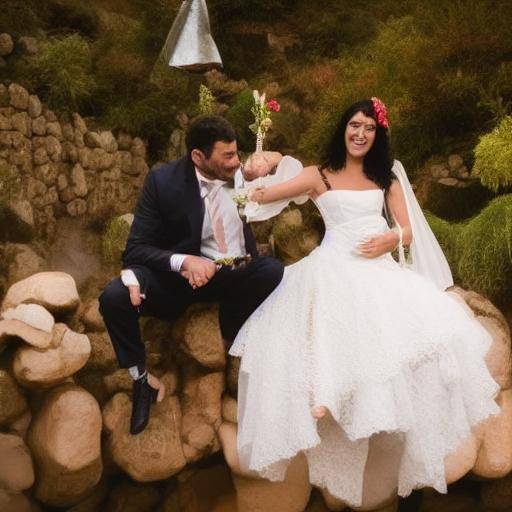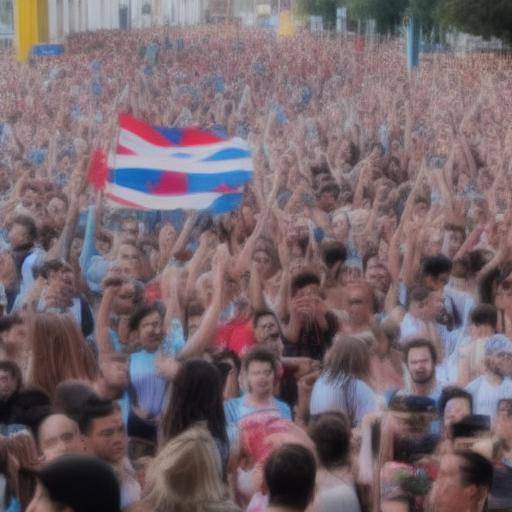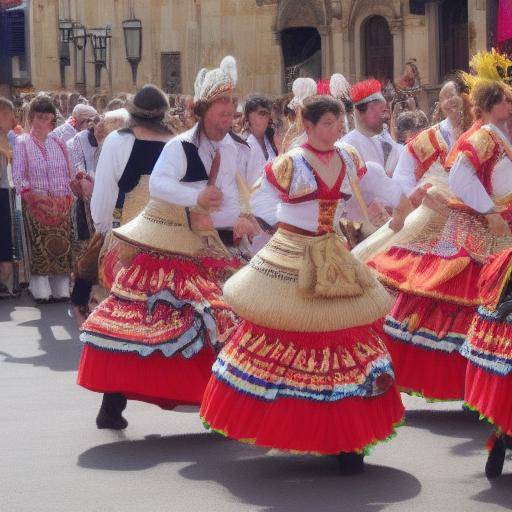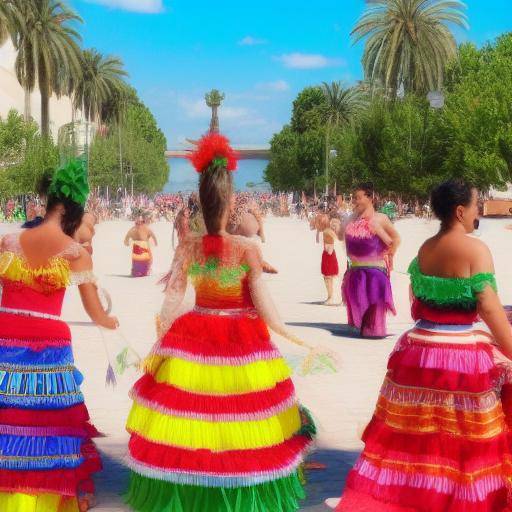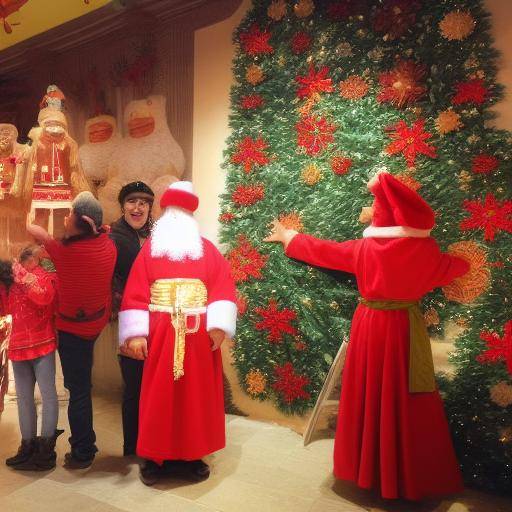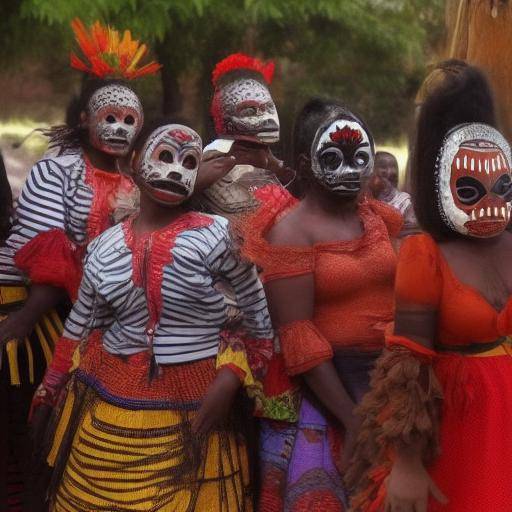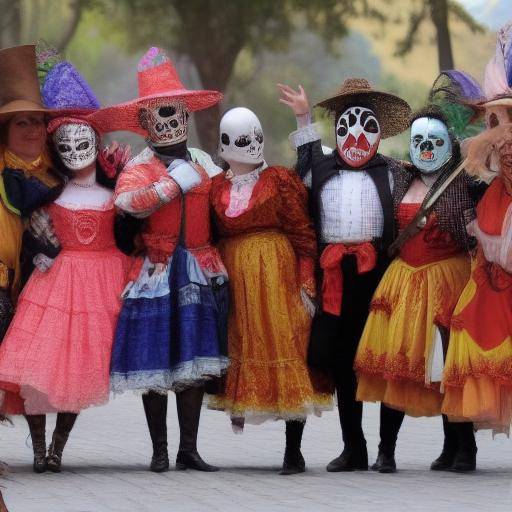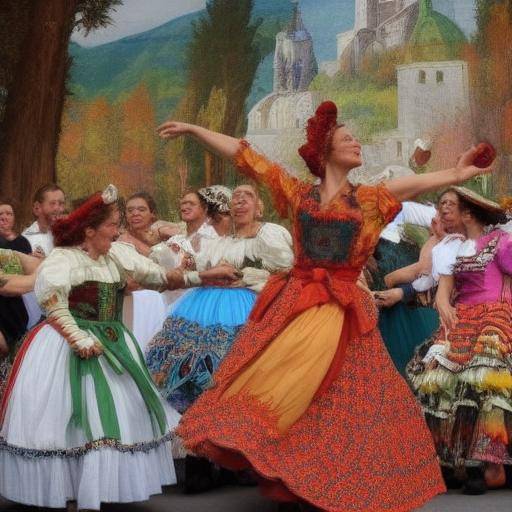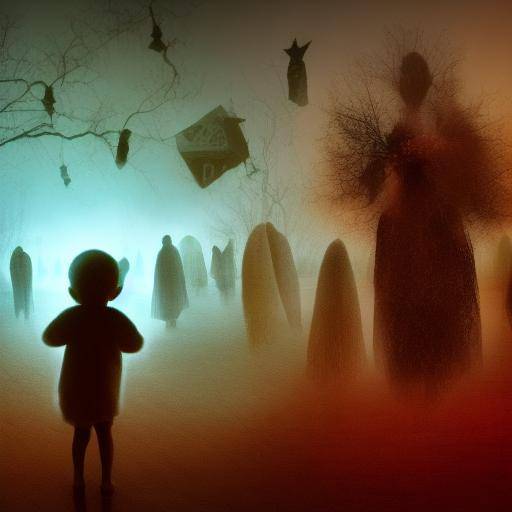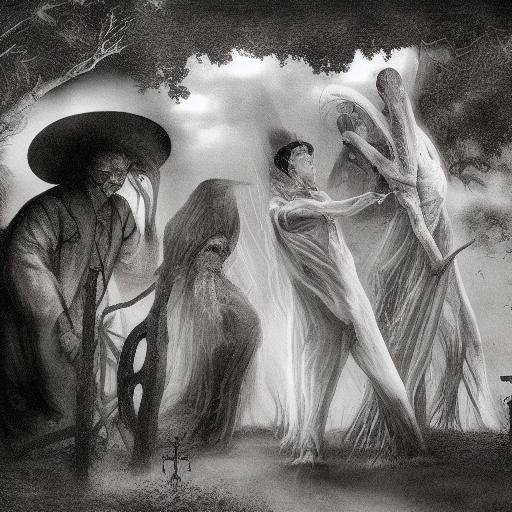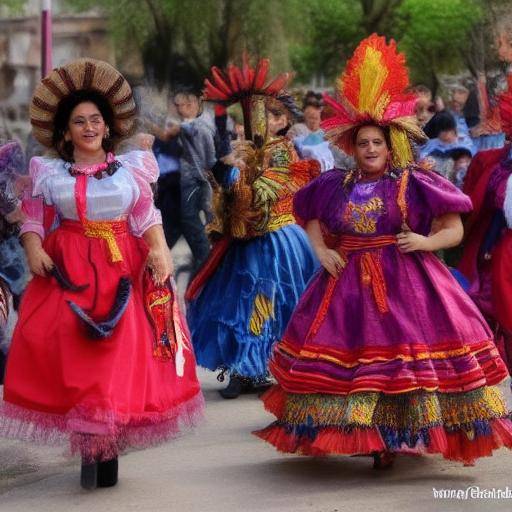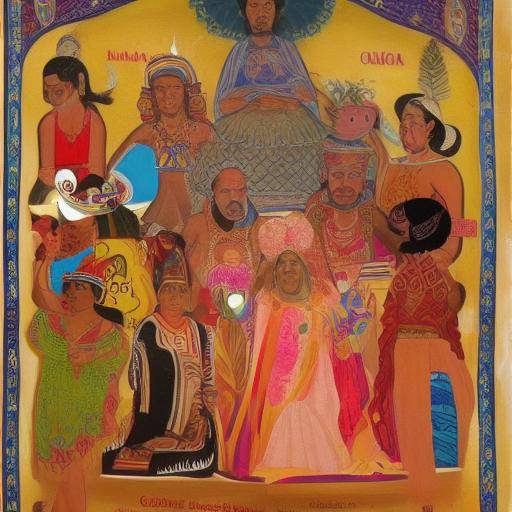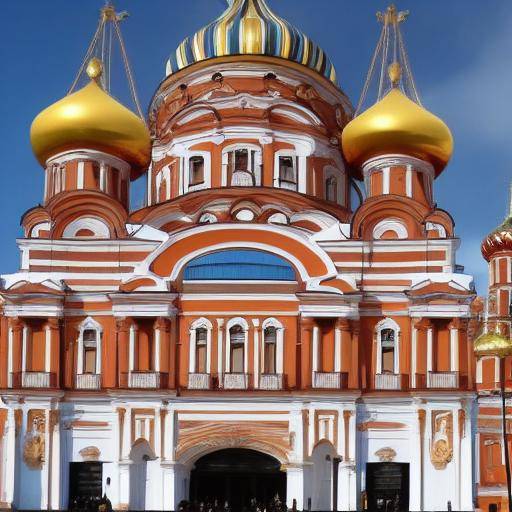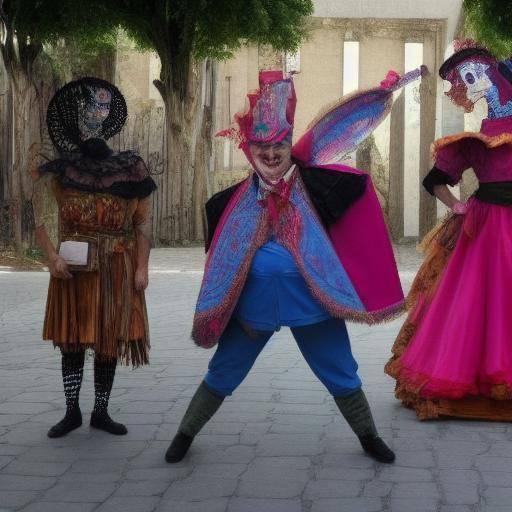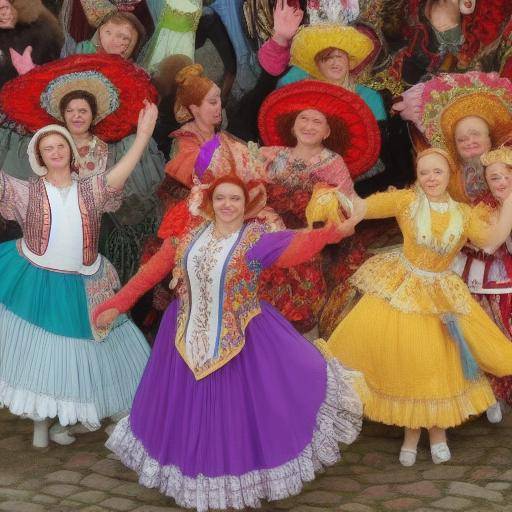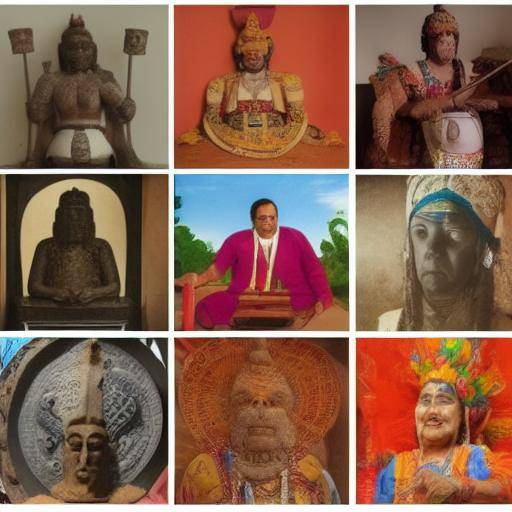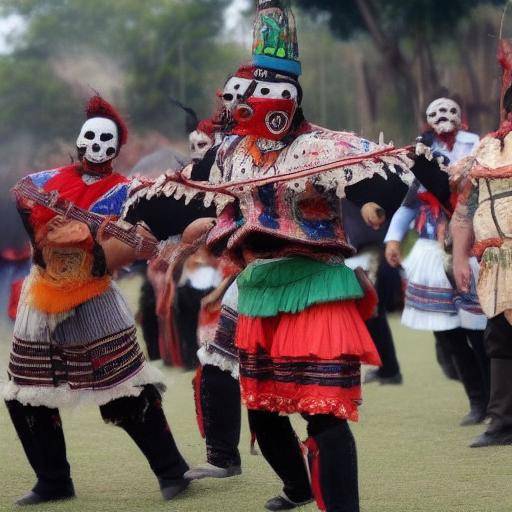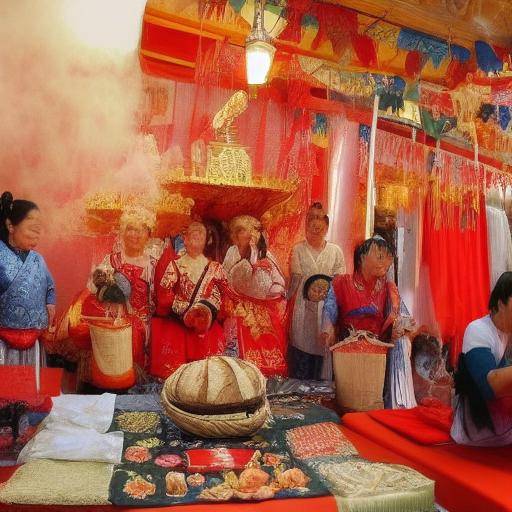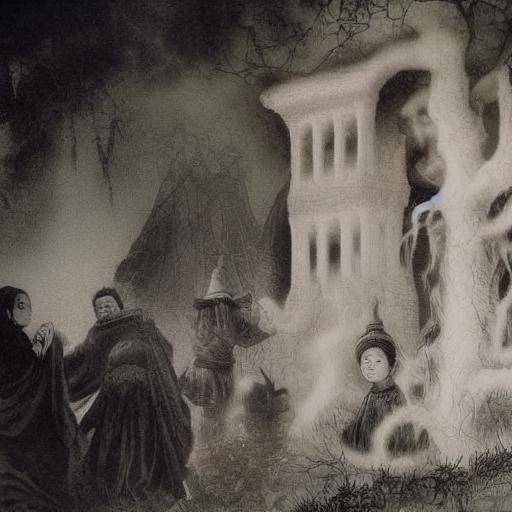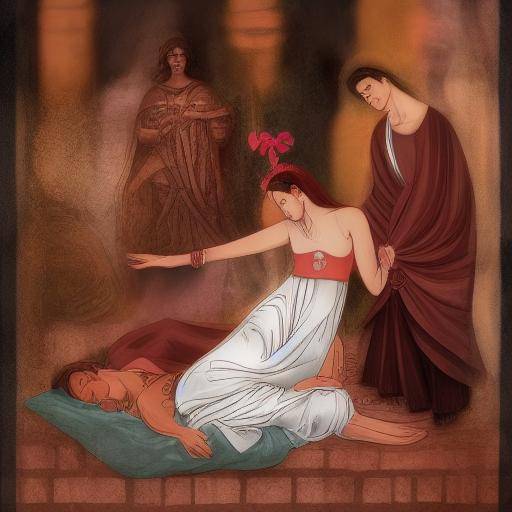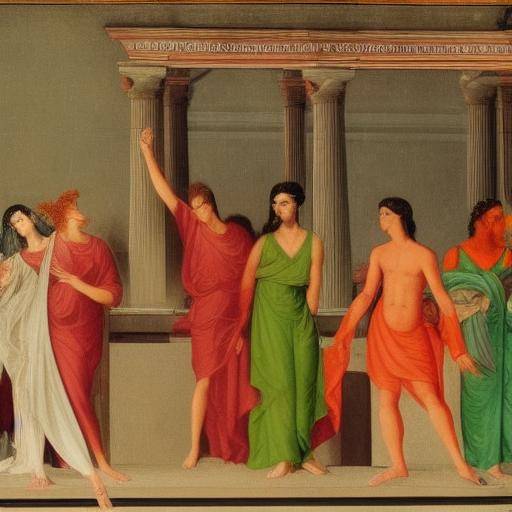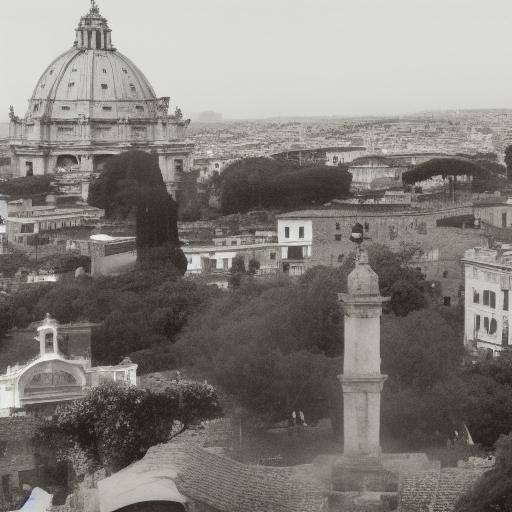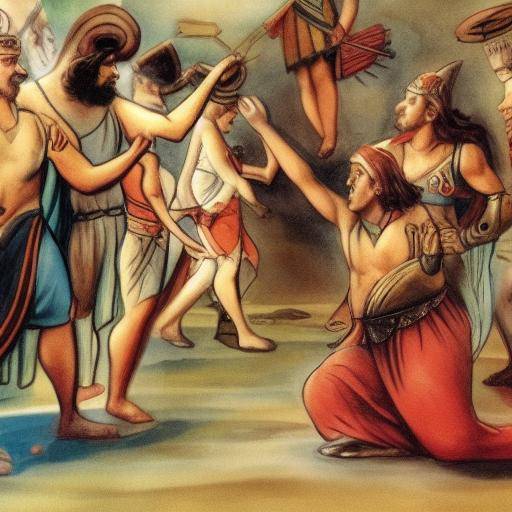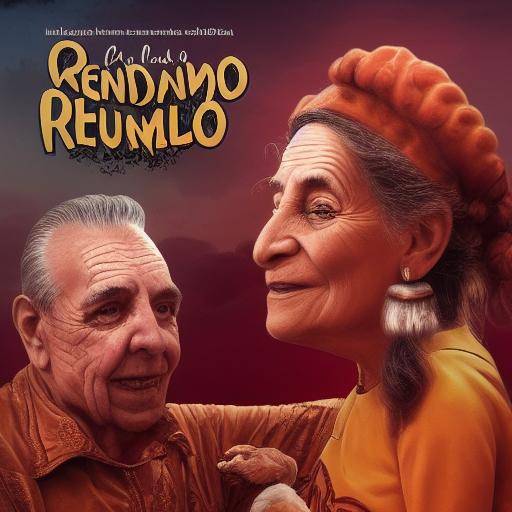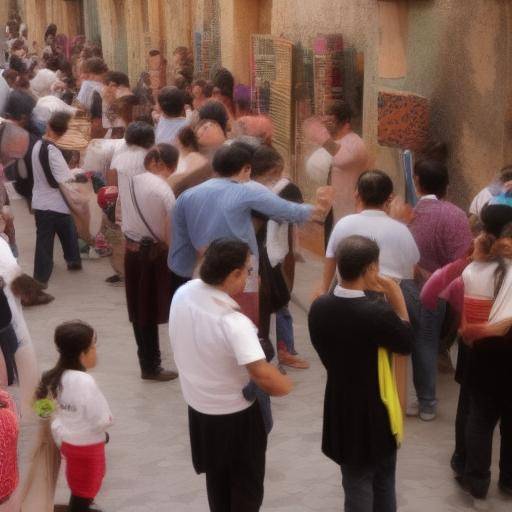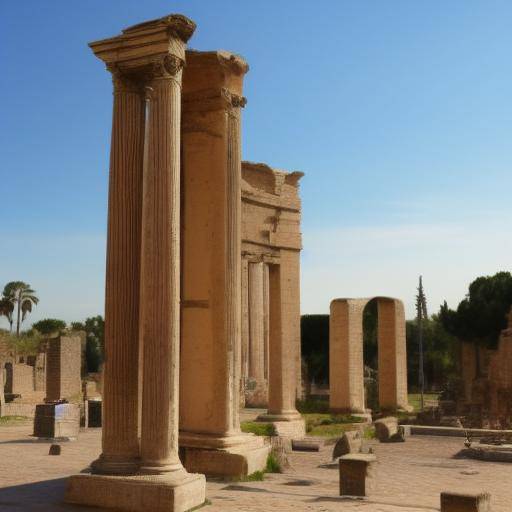
Funeral rites played a fundamental role in Roman mythology and the culture of ancient Rome. These rituals not only honored the dead, but also reflected the beliefs, values and traditions rooted in Roman society. In this article, we will explore in depth the meaning of funeral rites in Roman culture, its connection with Roman mythology and how these aspects have endured over time.
Introduction
Funeral rites, in any culture, are not merely farewell ceremonies; they are a tangible expression of the beliefs, traditions and understanding that a society has about life, death and what lies beyond. In the case of ancient Rome, funeral rites reflected the profound influence of Roman mythology in everyday life and how the Romans saw their own existence and destiny.
In this article, we will enter into the meaning and evolution of funeral rites in Roman culture, exploring the intrinsic connection between these rituals, Roman mythology and the way they shaped Roman society. In addition, we will examine how these concepts continue to be relevant in the contemporary world.
History and Background
Funeral rites in ancient Rome had deep roots in Roman mythology and were considered an essential part of life. From the early days of the Roman Republic to the apogee of the Empire, these rituals reflected the religious, cultural and social beliefs of Roman society.
Origins and Evolution
Funeral rites in ancient Rome had their roots in the political religious beliefs of Roman mythology. From the first burials in the necropolis to the development of elaborate funeral customs during the Roman Empire, the evolution of these rituals reflected the changes in Roman society and its cosmovision.
During the first centuries of the Roman Republic, funeral rites were relatively simple, with an approach to the purification of the deceased for their transit to the beyond. However, as Roman society expanded and consolidated, funeral rites acquired a complexity and breadth that reflected the prevailing social hierarchies.
Sociocultural importance
Funeral rites were not only important for individuals and their families, but also a manifestation of Roman collective identity. Respect for the deceased, recognition of their legacy and transition to the beyond were fundamental elements that permeated all the layers of Roman society.
The influence of Roman mythology on these rituals was undeniable. Beliefs in deities such as Orcus, the god of the underworld, and the influence of the eleusian mysteries, coming from Greek culture, contributed to forging the complex network of meanings associated with funeral rites in Roman culture.
Detailed Analysis
The adoption of funeral rites by Roman society also evidenced the interrelation between the religious, the social and the political in ancient Rome. The realization of funeral pomps, the cremation or inhumation of mortal remains and the construction of mausoleums or commemorative monuments not only expressed respect for the deceased, but also served as a means for the display of status and power within Roman society.
Analysis in Deep
Influence in Contemporary Society
Although centuries have passed since the fall of the Roman Empire, the influence of funeral rites and their connection to Roman mythology remain present in contemporary society. From the funeral traditions shared by many Western cultures to the representation of death in contemporary art and literature, the mark left by funeral rites in Roman culture endures in the rituals and beliefs of today.
The representation of death in art and literature, the concepts of life after death and the importance of honoring and remembering the deceased are elements that find their roots in ancient Rome. In turn, contemporary funeral rituals reflect both the Roman influences and the peculiarities of each culture.
The Role in the Mythological Context
Funeral practices in Rome were inextricably intertwined with Roman mythology, reflecting a profound sense of connection with the gods and human destiny. The presence of divinities associated with the underworld and specific rituals to honor these deities underscored the importance of funeral rites in the Roman worldview.
Roman mythology influenced both the conceptualization of death and the funeral practices that sought to maintain a balance with the beyond. The funerals were sometimes converted to transcend the earthly reality and link with the gods, manifesting the symbolic and spiritual wealth that characterized the Roman funeral rites.
Comparison with Other Cultures and Traditions
By comparing the Roman funeral rites with those of other cultures, there emerges a wealth of similarities and differences that enrich the understanding of human diversity. Hellenistic, Etruscan and Eastern influences influenced Roman funeral practices, demonstrating the ability of different cultures to influence one another.
Comparison with contemporary cultures reveals that, despite the marked temporal and geographical differences, many societies have funerary concepts and practices that share similarities with Roman funeral rites. These similarities underline the universality of the human desire to honor the dead and seek comfort and meaning in death.
Conclusion
Funeral rites in Roman culture not only reflected the beliefs and values of ancient Rome, but also left a lasting legacy that remains relevant in the contemporary world. From the complex intersections between Roman mythology and funeral rituals to their influence on current practices, these rites give us a unique window to understanding the Roman conception of life and death.
By exploring the Roman funeral rites and their connection to mythology, we immerse ourselves in an intricate tissue of traditions, beliefs and practices that continue to resonate today. The influence of funeral rites in Roman culture transcends time and space, reminding us that, in the celebration of life and the memory of those who preceded us, we find an eternal connection with our shared humanity.
Frequently asked questions (FAQs)
What influence did Roman mythology have on funeral rites?
Roman mythology deeply permeated funeral rites, influencing the conceptualization of life after death and practices associated with transit to the beyond. The presence of divinities linked to the underworld and the specific ceremonies to honor these deities reflected the connection between funeral rites and Roman mythology.
How have Roman funeral rites in contemporary culture been maintained?
Roman funeral rites have left a lasting mark on contemporary culture, influencing funeral practices shared by many Western cultures and the representation of death in art and literature. Moreover, the importance of honouring and reminding the deceased remains a central element in contemporary society, reflecting the lasting influence of funeral rites in Roman culture.
What was the main purpose of funeral rites in Roman culture?
Funeral rites in Roman culture had multiple purposes, including honouring the deceased, facilitating their transit to the beyond, strengthening family and community ties, and exhibiting the status and power of wealthy families. In addition, these rituals constituted a way of manifesting Roman collective identity and reflecting the religious, social and political beliefs of Roman society.
How did funeral rites impact the social structure of ancient Rome?
Funeral rites played a crucial role in the social structure of ancient Rome by reflecting and perpetuating social hierarchies and distinctions. Differences in funeral practices and ceremonies between the upper and lower classes revealed the prevailing social inequalities, while the ostentation of funeral pomps and memorial monuments evidenced the display of status and power within Roman society.
What are some similarities and differences between Roman funeral rites and other funeral traditions?
While funeral practices vary significantly between different cultures and eras, there are similarities in the importance given to honouring the deceased and in seeking comfort and meaning in death. Hellenistic, Etruscan and Eastern influences in Roman funeral rites reveal the interaction of different cultures in the configuration of these practices, while the current similarities emphasize the universality of these aspects in human experience.
What is the lasting legacy of Roman funeral rites in contemporary society?
The legacy of Roman funeral rites in contemporary society is manifested in the lasting influence of these traditions on current funeral practices, as well as in the representation of death in art, literature and popular culture. Moreover, the importance of honoring and remembering the deceased remains a central element in modern societies, reflecting the lasting influence of Roman funeral rites in contemporary culture.
By exploring the most common questions about funeral rites in Roman culture and its relationship with mythology, we get a more complete and enriching view of the importance and impact of these rituals on ancient Rome and today's society.
Concluding, the connection between funeral rites, Roman mythology and Roman culture provides a fascinating window towards understanding the beliefs, traditions and society of ancient Rome, as well as an opportunity to reflect on the lasting influence of these practices in the contemporary world.

